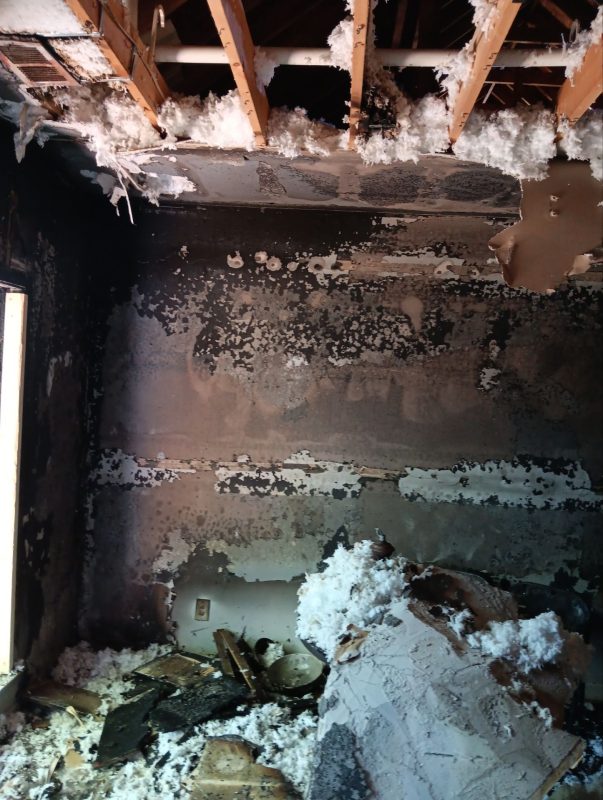As the temperature drops and the seasons change, homes become cozy retreats for families. However, the increased use of heating equipment, festive decorations, and the comfort of open flames can pose significant fire risks. Understanding the common causes of house fires during fall and winter can help you take proactive measures to protect your home and loved ones.
1. Heating Equipment
The use of heating equipment, such as space heaters, fireplaces, and furnaces, spikes during colder months. These devices are among the leading causes of residential fires:
- Space Heaters: Portable heaters can overheat, be placed too close to flammable materials, or malfunction, leading to fires.
- Fireplaces: Creosote buildup in chimneys and improper ash disposal can ignite fires.
- Furnaces: Faulty furnaces or blocked vents can also contribute to house fires.
Prevention Tips:
- Ensure space heaters have an automatic shut-off feature and are placed at least three feet from flammable items.
- Schedule annual inspections and cleanings for fireplaces and chimneys.
- Regularly maintain your furnace and ensure proper ventilation.
2. Cooking Mishaps
The fall and winter seasons bring holidays like Thanksgiving and Christmas, which often involve elaborate meals. Cooking is the leading cause of house fires year-round, but the risk increases during these busy times:
- Unattended Cooking: Leaving the kitchen while cooking can lead to overheating and fire.
- Grease Fires: Mishandling oil or frying food can cause dangerous flare-ups.
Prevention Tips:
- Never leave cooking food unattended, especially when frying or grilling.
- Keep a fire extinguisher or baking soda nearby to smother grease fires—never use water.
- Clean stovetops and ovens to prevent grease buildup.
3. Electrical Hazards
As the demand for electrical power increases for holiday lights, heaters, and other devices, the risk of electrical fires rises:
- Overloaded Circuits: Plugging too many devices into one outlet or power strip can cause overheating.
- Faulty Wiring: Older homes with outdated wiring may not handle modern electrical loads.
- Damaged Cords: Frayed or damaged extension cords can spark fires.
Prevention Tips:
- Use certified power strips and avoid overloading outlets.
- Inspect cords for wear and tear before use.
- Hire a professional to inspect and update your home’s wiring if necessary.
Learn more possible hazards, and how you can prevent them in part two.


